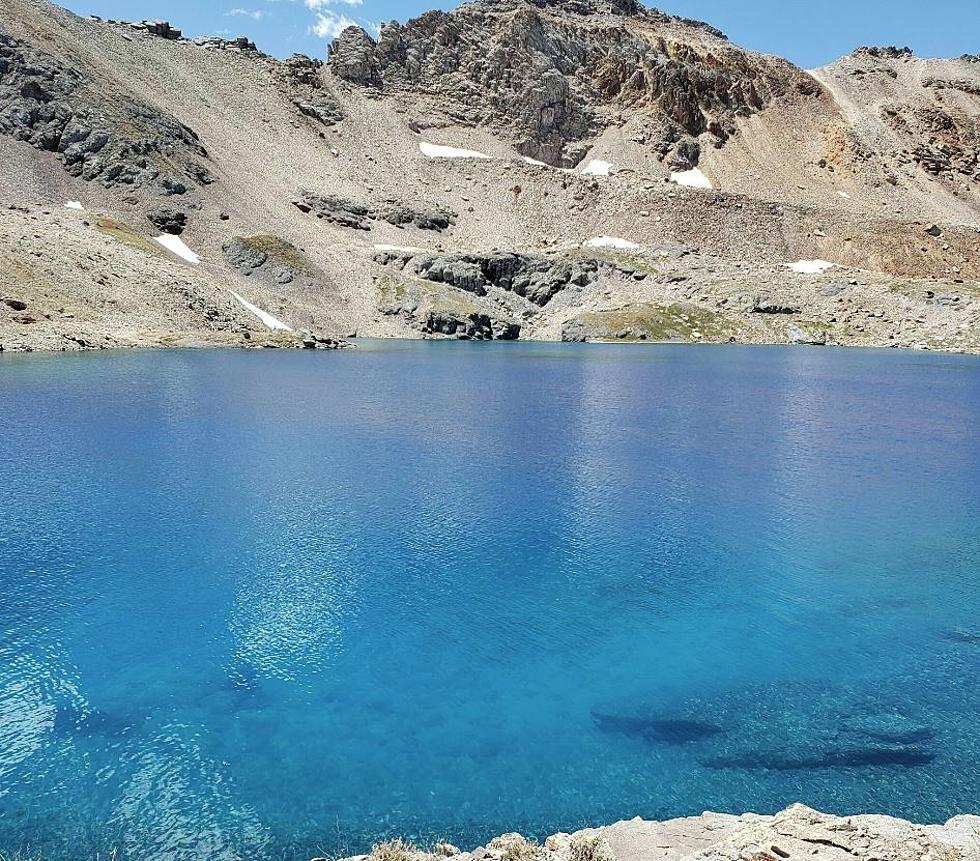
LaSalle Farmers Say It’s Time To Lift Well Restrictions
Back in 2006 the state put restrictions on irrigation wells to protect senior water rights downstream. Now farmers in the LaSalle area say it is time to lift those restrictions for a few different reasons.
When the state forced some farmers to shut down hundreds of wells, the water table started rising. As a consequence, basements now routinely flood, there is growing concern about water contamination, and that water that is just sitting there could be used to water dry fields.
Glen Fritzler, who raises onions, corn and wheat on his farm, says it doesn’t make sense that his allotment of surface irrigation water is about to run out because of the drought while his basement continues to flood because of the rising water table. Fritzler said he understands that users with senior rights need to be protected."But the pendulum has swung too far in that direction," he told 7News. Denver has senior water rights and “If Denver doesn’t get rain, we’ll probably be without water in a about a week,” he said.
"You need to have at least four feet between groundwater and a septic system leach field,” Fritzler said. He believes that if farmers were allowed to activate dormant wells, it would keep the water table in check and save the water from long term consequences.
He wants the Governor to issue an emergency declaration allowing farmers to use their wells. He also wants Governor John Hickenlooper to sign House Bill 1278, which calls for a study of high groundwater levels. A spokesman at the Governor’s Office said Hickenlooper has until June 8 to take action on any bills passed by the legislature.
Todd Hartman of the Department of Natural Resources said in a statement: “We continue to develop factual information on the situation in LaSalle, as well as other areas in the basin with high groundwater. The hydrological issues are complex, and we have allocated – and continue to allocate – significant dollars and significant staff time and resources to conduct the study and analysis necessary to understand the various issues at play, including the impacts of aquifer recharge, well pumping and precipitation. Regulations on pumping and augmentation are in place to protect the water rights and uses of all the farmers and other water users in the basin.”
More From 94.3 The X









